While most CIOs and IT leaders are taking steps to reduce their reliance on RIM’s BlackBerry Enterprise Server (BES), some major BlackBerry business customers are ready to abandon RIM’s services and its BlackBerry smartphones in one fell swoop. The latest company to announce such a migration is the Australian airline Qantas.
The company told the Australian (registration required) that it had made the decision to trade its 1,300 BlackBerry devices and related service packages for iPhones. The move, which Qantas expects will deliver significant cost savings, follows a company-wide survey in which a “large majority” of employees said that they’d prefer iPhones.
Like other companies and organizations that have announced similar transitions this year, Qantas chief information officer Paul Jones pointed to the iPhone’s ease of use and popularity as reasons for selecting the iPhone.



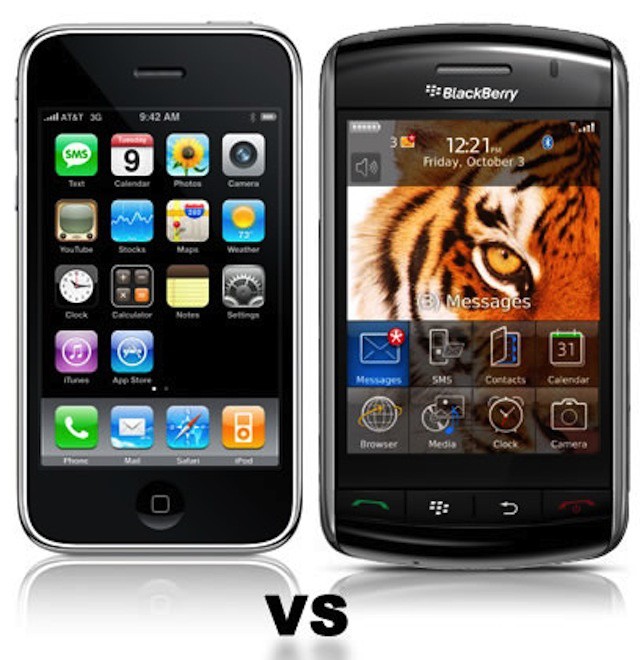

![Why The iPad Wins Despite The Cheap Sex Appeal In Other Tablet Ads [Video] Toshiba can sleaze it up all they want. If you don't show why customers should want your tablet, they won't buy it.](https://www.cultofmac.com/wp-content/uploads/2012/07/sleazy-toshiba-ad.jpg)


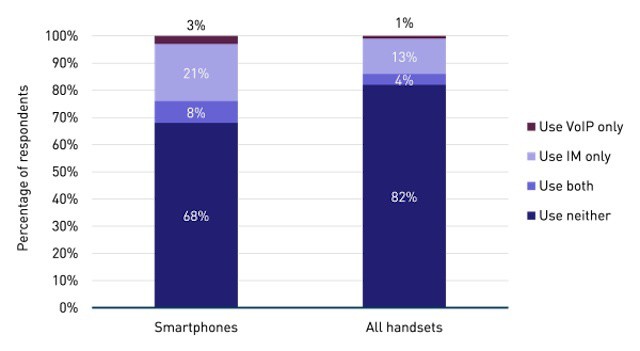



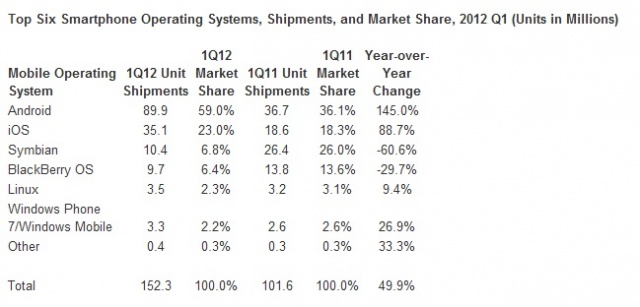
![Zenprise Focuses On Mobile Inventory As Well As Management [Mobile Management Month] Zenprise delivers solid management and inventory capabilities](https://www.cultofmac.com/wp-content/uploads/2012/05/zenpriselogo.jpg)
![Tangoe Delivers Solid iOS Management But Shines With Expense Management [Mobile Management Month] Tangoe balances device management with cost management](https://www.cultofmac.com/wp-content/uploads/2012/05/tangoe_high-res.jpg)
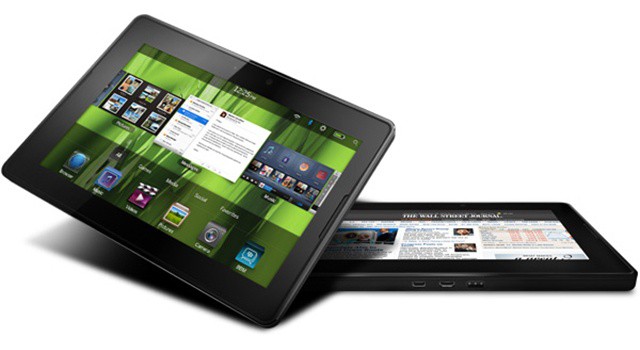
![Symantec Makes iOS Management As Streamlined And Hands Off As Possible [Mobile Management Month] Symantec Mobile Management integrates with the company's other enterprise tools](https://www.cultofmac.com/wp-content/uploads/2012/05/symanteclogo.jpg)
![Sybase/SAP Afaria Offers iOS And PC Management Options [Mobile Management Month] Sybase Afaria offer comprehensive mobile and desktop management](https://www.cultofmac.com/wp-content/uploads/2012/05/sybase1.jpg)
![PushManager Focuses Simple And Efficient iOS/Device Management [Mobile Management Month] PushManager focuses on simplifying device setup and management](https://www.cultofmac.com/wp-content/uploads/2012/05/pushmanager.jpg)
![Notify Highlights Real-Time iOS Device Data And Management [Mobile Management Month] Notify offers self-servicing options for users and mobile data for IT managers](https://www.cultofmac.com/wp-content/uploads/2012/05/NotifyMDM.jpg)
![MobileIron Focuses On Security, Efficiency, And Mobile Intelligence [Mobile Management Month] MobileIron focuses on security and efficiency in device and app management](https://www.cultofmac.com/wp-content/uploads/2012/05/mobileiron-logo.jpg)
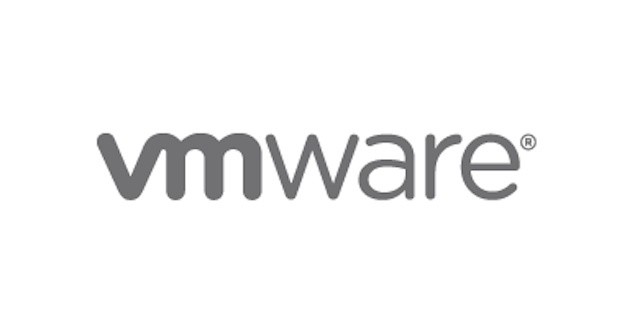
![MaaS360 Manages Devices, Apps, Docs – Even Macs And PCs [Mobile Management Month] MaaS360 offers comprehensive management including Mac/PC management](https://www.cultofmac.com/wp-content/uploads/2012/05/MaaS360_logo_byFiberlink.jpg)
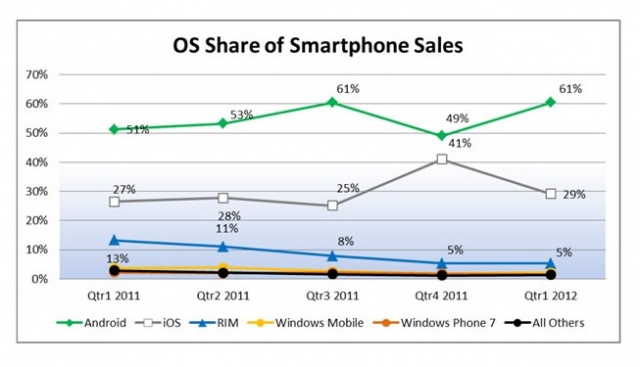
![BoxTone Offers iOS Management And Enterprise Integration [Mobile Management Month] Boxton offers device, app, and expense management plus enterprise partnerships](https://www.cultofmac.com/wp-content/uploads/2012/05/boxtone.jpg)
